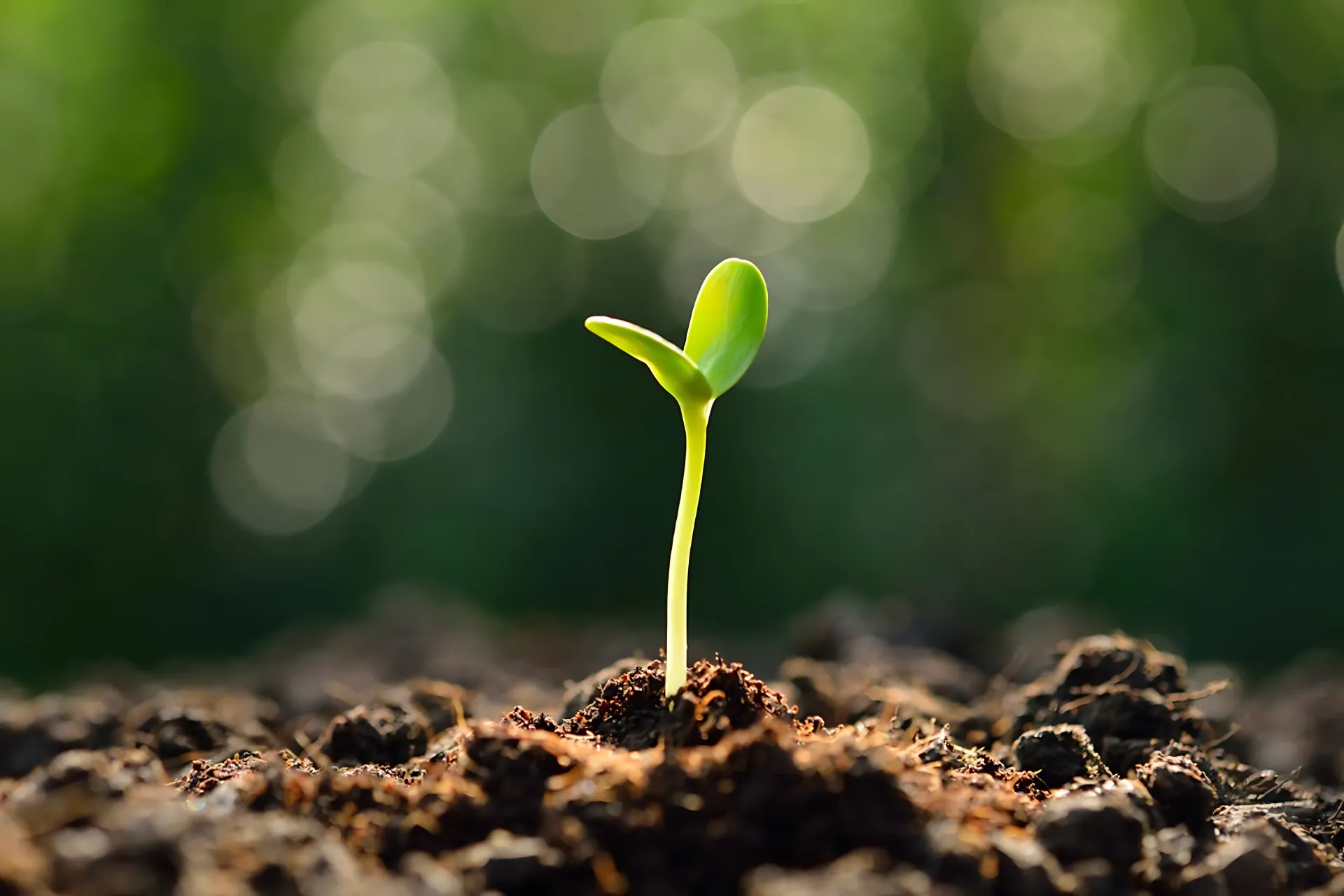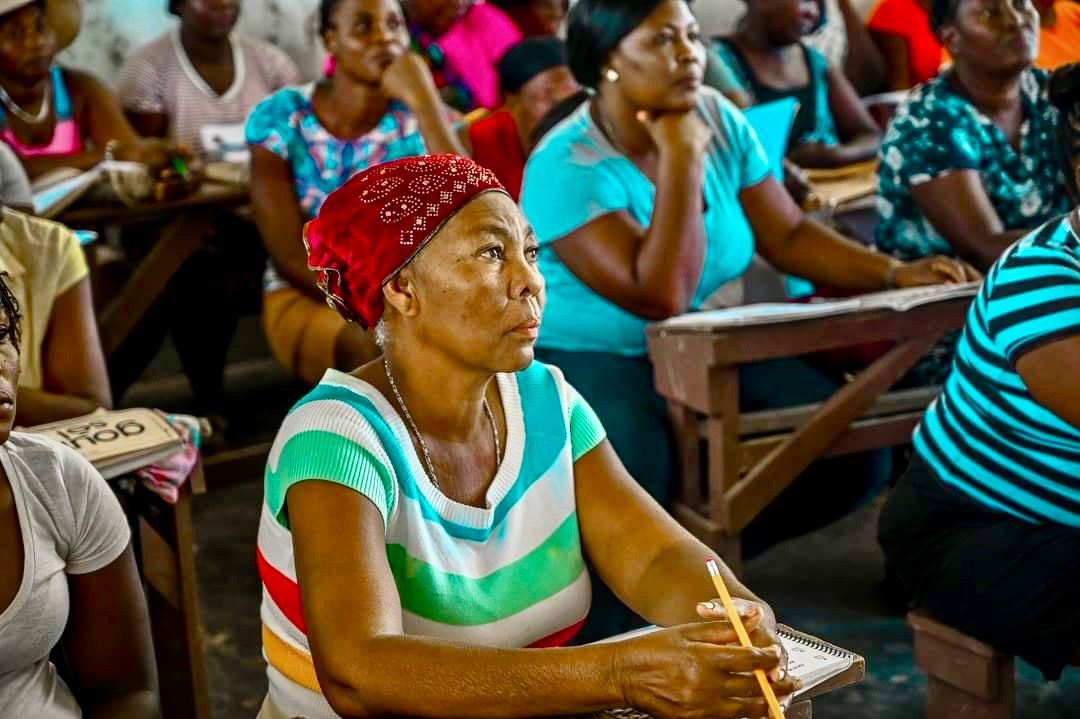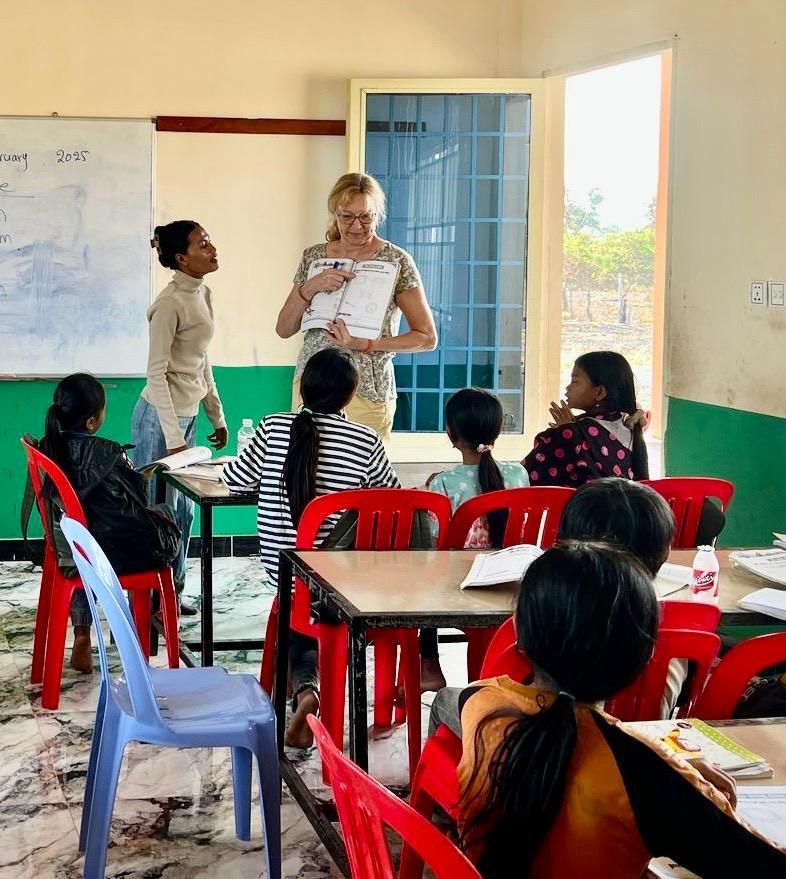Facing up to our Collective Responsibilities
Ordinarily we wake up every morning to continue our daily activities which preserve our lifestyle. The survival instinct is a shared affair, our self-esteem and the well-being of the people who are dear to us are the real factors that most often guide our actions and thoughts.
It is clear that the world around us is changing by leaps and giant steps. The generations that coexist in the contemporary world face the irreversible phenomenon that is globalization. Through this process, the national product, capital and labour markets become more tightly integrated across borders. There is therefore an influx of goods, services and people around the world. Production is internationalized and manpower is more available. So the world is experiencing great technical progress.
However, we all know that despite this progression, there are values which are attached to human dignity that we are eternally inseparable from. We cultivate those values in our family and in the world around us. They have a very close connection with education and culture. The feeling of being oneself, feeling loved, accepted and respected or the simple fact of not being invisible to the eyes of others; these are natural feelings felt by all.
Unfortunately, generations have inherited several obstacles that hinder common well-being in society that can be brought together under the term “discrimination”.
Normally we can consider the source of these stereotypes in relation to the social constructions which have been the work of people over the years.
According to arbitrary criteria, we categorize people as white or black, man or woman, expatriate or immigrant, beautiful or ugly, rich or poor etc ... So, prejudice presupposes first of all a perception that we have of certain categories, there are “us” and there are “them”. Thus, this way of categorizing “us” and “them” puts us in a situation of abstract separation in society.
Many of us are ready to defend until our last day, our homeland, our identity and the community to which we belong. We are concerned about leaving juicy economic legacies for our children. Few of us think of leaving a better society for them. It is in the face of this major challenge that we find ourselves today in the world. Now is no longer the time to try to provide individual solutions to common problems.
Threats such as climate change, utopian wars fought at the whim of heads of government, the endless fight against injustice to
women around the world, famine in African countries whose subsoil is full of natural resources, the desperation that forces people to leave their country in search of a better life in an unknown world, the children who are expelled from their school because of frizzy hair and many other challenges are still present today.
It is very easy to feel too tiny and helpless to change these things. But I believe that everyone has a moral responsibility to
no longer be a passive citizen or a mere observer of these things. It’s a holy challenge. We cannot separate our destiny from
the rest of the others. In truth, we are all in the same boat.
Education is one of the most effective means to remedy phenomena which are harmful to a society. It’s a massive building
tool. Striving for a global and equitable education is very important for economic development and the distribution of social justice in the world.
Social progress, which means that children from poor families must logically break free of the poverty in their genealogical chain, is closely linked to the opportunity of benefiting from a quality education.
Thus, it is the responsibility of each of us to contribute to this laudable cause in order to make a difference to an undeniable
emergency still facing the world today.
From Engage issue 20.





